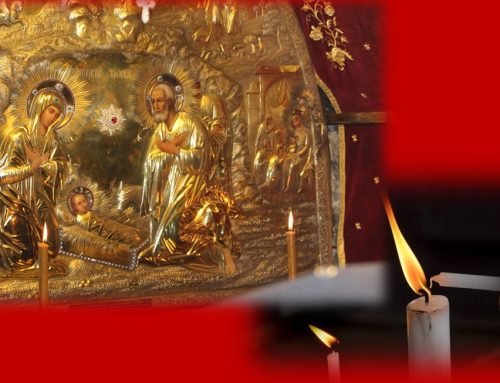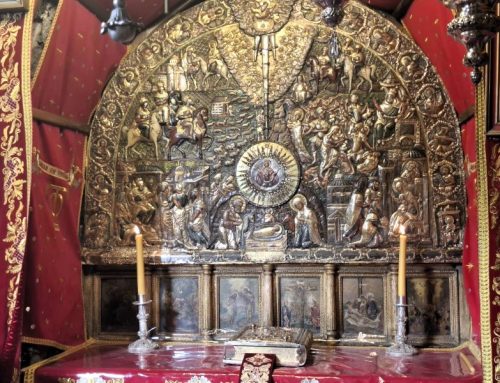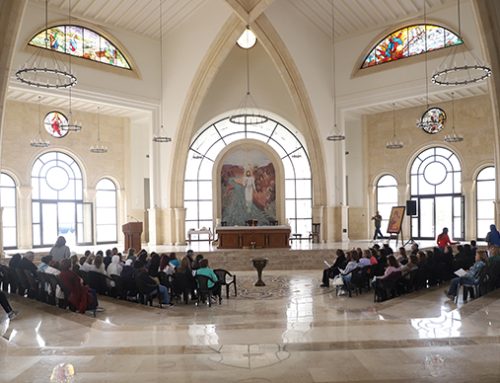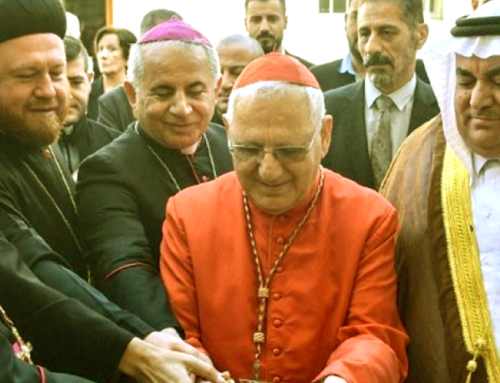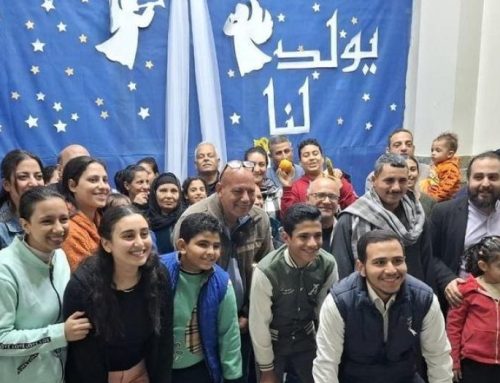PRESIDENT BUSH’S speech on Palestinian reforms included several astute observations. The president was right to note that the ”Palestinian Legislature has no authority and power is concentrated in the hands of an unaccountable few.” But the president was misinformed when he told the Palestinians to draft a democratic constitution.
PRESIDENT BUSH’S speech on Palestinian reforms included several astute observations. The president was right to note that the ”Palestinian Legislature has no authority and power is concentrated in the hands of an unaccountable few.” Palestinian legislators, after all, are trapped under military curfew. Power over all aspects of Palestinians’ lives is in the hands of the Israeli prime minister, who is unaccountable to international law, no less to the 3 million Palestinian civilians who suffer an unrelenting siege. And the president was also right to remark, ”the Palestinian people lack effective courts of law and have no means to defend and vindicate their rights.” The Israeli army, after all, has rounded up thousands of Palestinians without charge or trial. They endure inhuman conditions and languish in Israeli prisons indefinitely. But the president was misinformed when he told the Palestinians to draft a democratic constitution.
The Palestinians already have such a constitution. I know, because I translated it.Yasser Arafat established a Constitution Committee in 1999, long before either George Bush or Ariel Sharon came to power and assumed the right to tell Palestinians how to run their affairs. After months of research and debate, the Committee completed a draft in September 2000. Two friends and I, all three of us students of Arabic sharing an apartment in Cairo, were asked to translate the draft. We eagerly agreed. For days on end, we hovered around my laptop, meticulously considering every word we translated. As modern twentysomething women, we were determined to make the Palestinian constitution even more democratic than the American one by rendering the English text gender-neutral. Not unlike male politicians and academics everywhere, however, the members of the Palestinian Constitution Committee eventually reinserted the he’s that we had taken such pains to circumvent. So I’ve reviewed every ”for,” ”if,” and ”but” of the Palestinian Constitution, and I can say that it’s not too bad. It provides for regular elections, separation of powers, and civil rights. It addresses the rights of Palestinian refugees, and it pledges religious tolerance. Granted, the constitution is far from perfect. Palestinian human rights activists have called attention to loopholes that grant the executive branch the wide discretion that it enjoys throughout the developing world. More than grounds for invalidating the current draft, however, this debate illustrates that democratic dialogue is alive and well in Palestinian civil society.
My friends and I became completely absorbed in the constitution of the Palestinian state-to-be in order to meet our Sept. 30, 2000, deadline. It was only after we had submitted our translation, therefore, that we switched on the news and discovered that Palestine was in flames. Two days before, Ariel Sharon had visited the Al-Aqsa mosque. Clashes had ensued between Palestinian protesters and Israeli police the next day. According to the Palestinian Red Crescent, some 60 Palestinians were killed and 2,500 injured during the week following Sharon’s visit. Within a month, another 125 Palestinians would be killed. The 126th to die was this intifada’s first suicide bomber. The rest is history.
The three of us spent weeks in our Cairo apartment consumed by the news from Palestine. Listening to the reports about the bombing of neighborhoods, demolition of homes, and countless funerals, we would exclaim, ”How can this happen? The Palestinians have a constitution!” We knew then what our president still does not understand. A Palestinian constitution means little as long as the Israeli occupation continues.
Palestinian reforms will not end the conflict, because Palestinian politics is not the source of the conflict. The violence will not end until Israel takes its soldiers and settlers and leaves the West Bank and Gaza, once and for all. President Bush’s call for democracy in Palestine, therefore, is not wrong as much as it is beside the point. It does not matter how the Palestinians choose their leaders when Israel retains the power to besiege, arrest, or assassinate them. It does not matter what free-market institutions the Palestinians develop as long as Israel can impose a closures that brings commerce, not to mention all daily life, to a screeching halt. Israel is wreaking havoc in Palestinian towns and refugee camps with impunity, and the White House’s solution is to audit the PNA? Perhaps the president got the Enron and Middle East files mixed up. His speech reads more like a prescription for reforming American finance than a vision for a just resolution to the Palestinians’ 50-year struggle for statehood.
The Palestinians already have a constitution; they don’t need another one. What they need is to be treated like a people.

